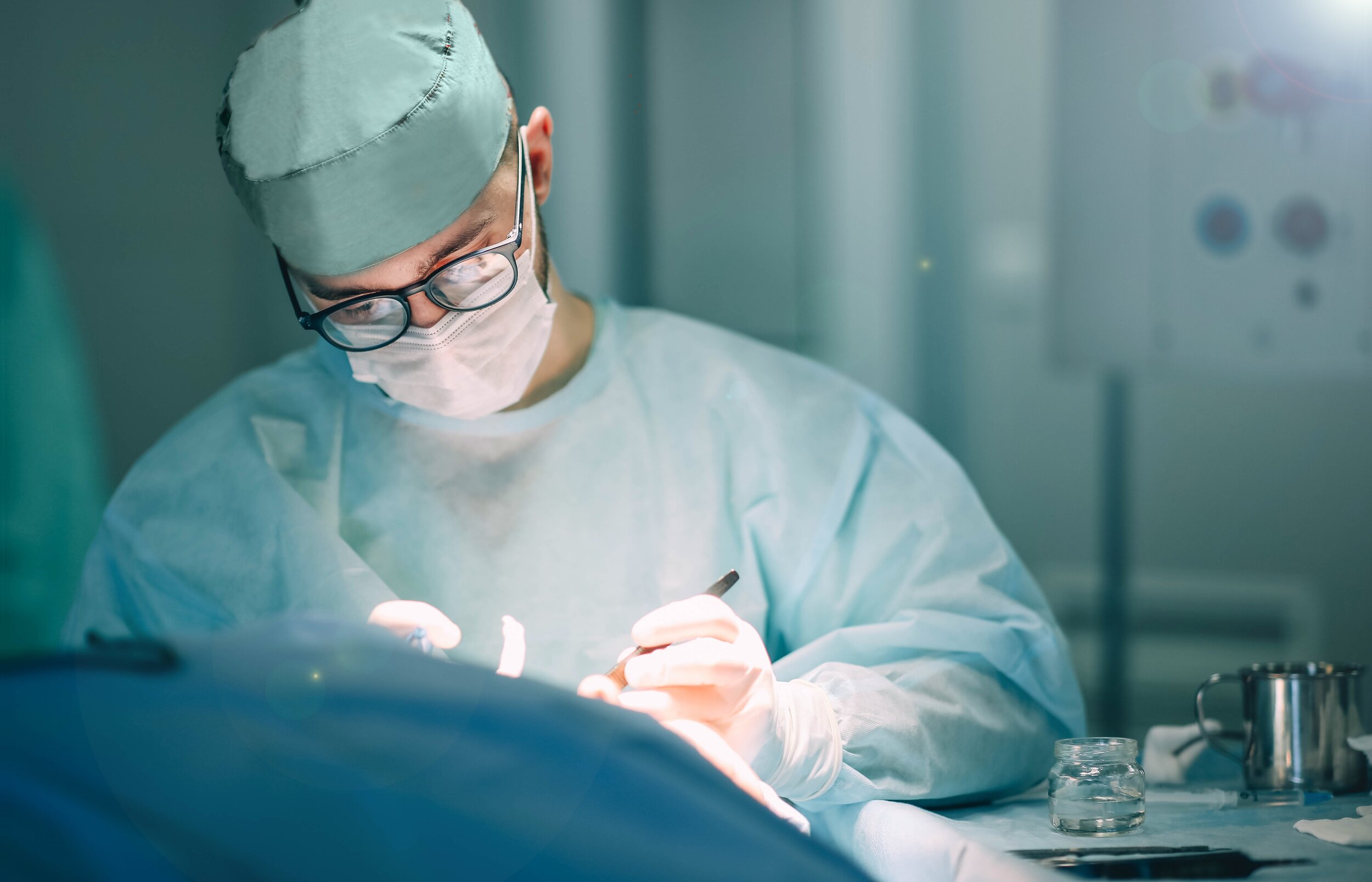
Gastroesophageal Reflux Disease: What Is GERD?
Gastroesophageal Reflux Disease is a chronic digestive disorder affecting the lower esophageal sphincter (the ring of muscle between your esophagus and your stomach). The LES is a muscle that acts as a valve between the stomach and the esophagus. When the LES functions correctly it opens to allow food and liquid to pass into the stomach, then closes to create a barrier between the esophagus and stomach acid. A weak LES will not close correctly and will allow stomach acid to wash back into the esophagus, often causing injury to the lining of the esophagus and resulting in symptoms such as heartburn, chest pain, regurgitation, a sore throat, and cough.
In patients with GERD, the lower esophageal sphincter is either weaker, shorter, or has moved into a location that is other than normal, causing it to relax inappropriately. When it does, this can allow acid, bile, or even undigested food to reflux back up into the esophagus, which results in painful symptoms.
GERD Symptoms & Complications Of Untreated GERD
GERD Complications
Symptoms Of GERD
People experience symptoms of GERD in a variety of ways, but the most common symptom caused by chronic acid reflux is heartburn. Other GERD symptoms may include:
Chest pain
Regurgitation
Bloating
Asthma
Cough
Hoarseness
Clearing of the throat
Tooth enamel decay
Sleep disruption
When left untreated, Gastroesophageal Reflux Disease (or chronic acid reflux) can lead to potentially serious complications. Untreated GERD can contribute to many issues, including:
Esophagitis
Inflammation, irritation, or swelling of the esophagus
Stricture
Narrowing of the esophagus
Barrett’s Esophagus
Pre-cancerous changes to the esophagus
Esophageal Cancer
Pneumonia
Pulmonary Fibrosis

How To Treat GERD

If you’ve been diagnosed with GERD, chances are you’ve sat down to discuss your treatment options with a doctor. There are a number of different options available for patients with GERD, ranging from simple lifestyle modifications to medications and, in many cases, surgery. One of the biggest issues with many people’s approach to treatment is that they opt to treat the symptoms of the disease rather than what’s causing your GERD - a weakened lower esophageal sphincter. Medication based treatments like the use of PPI’s and over-the-counter antacids are a band-aid solution that may succeed in minimizing symptoms short-term, but aren’t designed for long-term use and can actually lead to serious side effects. Any reflux doctor worth their salt understands that the only way to effectively relieve symptoms long-term is to treat the root cause of a patient’s GERD through minimally invasive anti-reflux surgery.
Types Of GERD Surgery
We have perfected two cutting edge anti-reflux surgical procedures (Nissen Fundoplication and LINX) to help provide permanent solutions for our patients who are dealing with chronic acid reflux and GERD. We have dedicated over a decade towards creating customized treatment plans for each patient based on their specific circumstances and needs.
Lap Nissen Fundoplication
Nissen Fundoplication is a surgical procedure designed to prevent acid reflux by reinforcing a weak lower esophageal sphincter with the patient's stomach - folding a portion of the stomach around the LES to create an esophageal acid barrier.
LINX Reflux Management System
The LINX® System is a small, flexible band of magnets enclosed in titanium beads that is placed around the lower esophageal sphincter in order to tighten it. The magnetic attraction between the beads helps keep the weak LES closed to prevent reflux.
Battling the symptoms of GERD can be difficult, but our reflux doctors are here to find a customized treatment plan that meets your needs! Schedule an appointment today.
